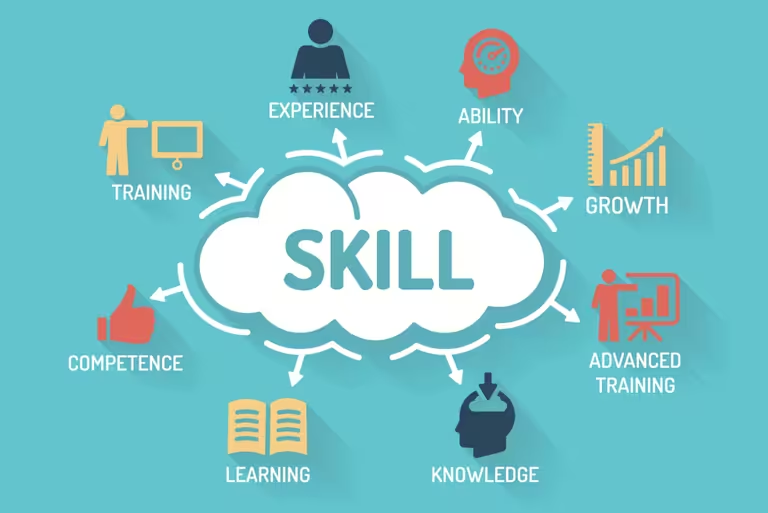Trained/Skilled Manpower Supply
1. Identify Hiring Needs: Work closely with department heads and hiring managers to identify current and future staffing requirements based on organizational goals, project timelines, and business priorities. Determine the specific skills, qualifications, and experience required for each role.
2. Develop Job Descriptions: Create detailed job descriptions outlining the responsibilities, qualifications, experience, and competencies required for each position. Clearly articulate the job requirements, including educational background, technical skills, industry experience, and any specific certifications or training programs desired.
3. Attract Candidates: Utilize various recruitment channels to attract qualified candidates, including online job boards, professional networking sites, industry associations, referrals, recruitment agencies, and career fairs. Develop compelling job postings and employer branding materials to attract top talent to the organization.
4. Screen Resumes: Review resumes and applications received from candidates to shortlist individuals who meet the minimum qualifications and experience criteria specified in the job descriptions. Look for relevant industry experience, educational background, technical skills, and any additional certifications or training programs.
5. Conduct Interviews: Schedule interviews with shortlisted candidates to assess their suitability for the role. Conduct structured interviews to evaluate candidates' technical skills, industry knowledge, problem-solving abilities, communication skills, and cultural fit with the organization. Consider using a panel interview format with multiple interviewers representing different functional areas.
6. Assess Technical Competencies: Administer technical assessments or competency-based tests to evaluate candidates' proficiency in specific areas relevant to the pharmaceutical industry, such as regulatory compliance, quality control, manufacturing processes, analytical techniques, or research methodologies.
7. Evaluate Soft Skills: Assess candidates' soft skills and interpersonal qualities, such as teamwork, leadership potential, adaptability, communication skills, and ethical behavior. These qualities are essential for success in collaborative environments and customer-facing roles within the pharmaceutical industry.
8. Check References: Conduct reference checks with previous employers or professional contacts to verify candidates' employment history, performance, and qualifications. Contact references provided by candidates to gather insights into their work ethic, accomplishments, and interpersonal skills.
9. Offer Negotiation and Onboarding: Extend job offers to selected candidates, taking into account salary expectations, benefits, and other terms of employment. Work with the HR team to facilitate the onboarding process, including completing necessary paperwork, conducting background checks, and providing orientation and training to new hires.
10. Provide Continuous Learning and Development: Support the ongoing professional development of employees by offering training programs, workshops, certifications, and opportunities for career advancement within the organization. Invest in employee retention strategies to ensure the long-term engagement and success of trained and skilled manpower in the pharmaceutical industry.
